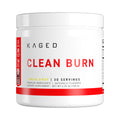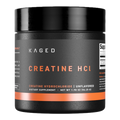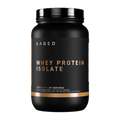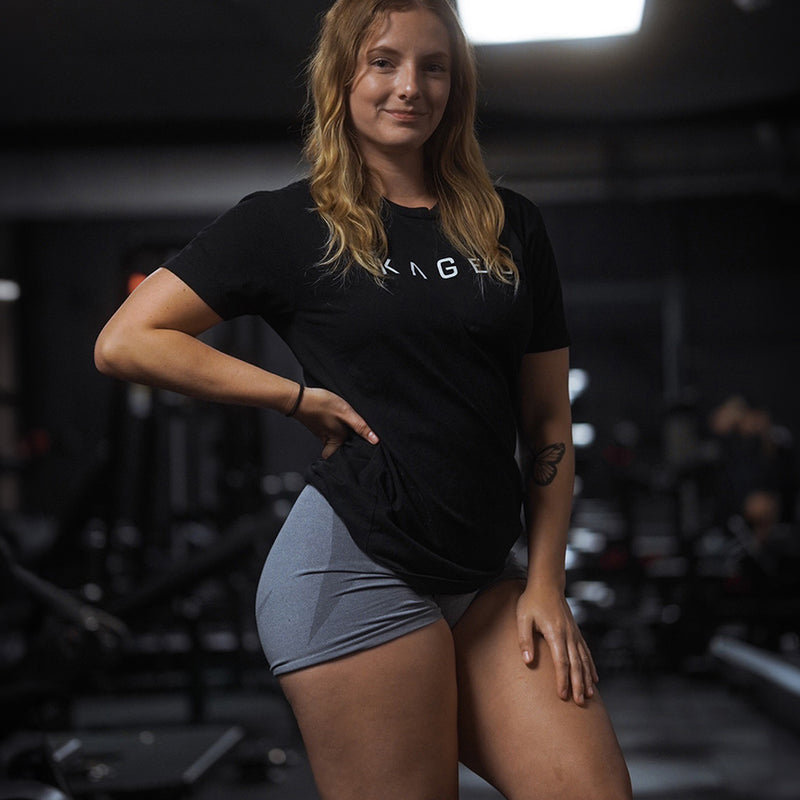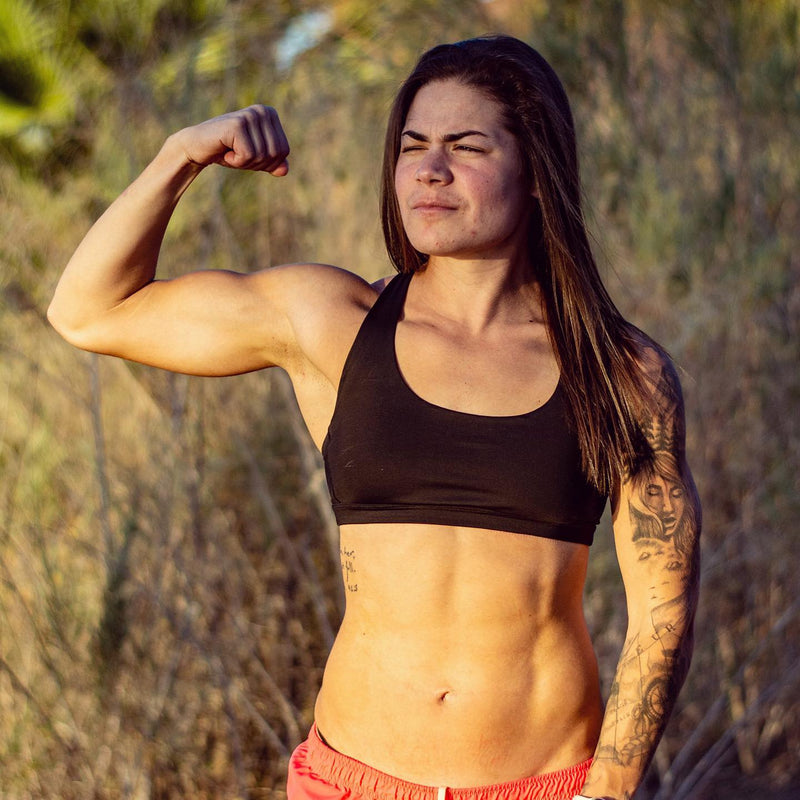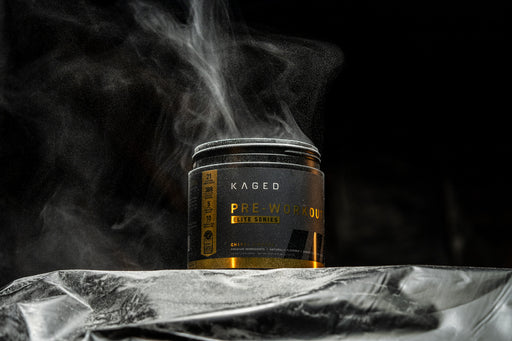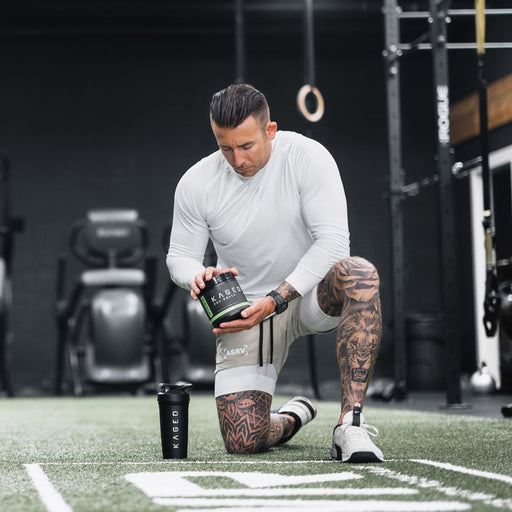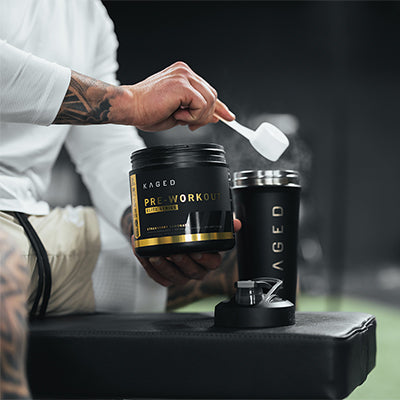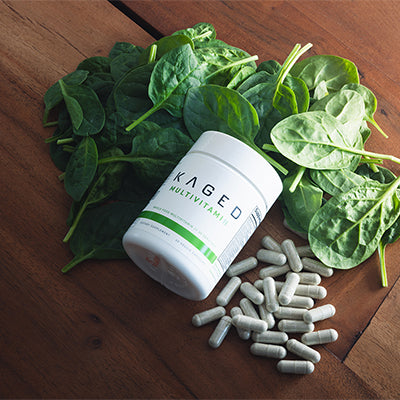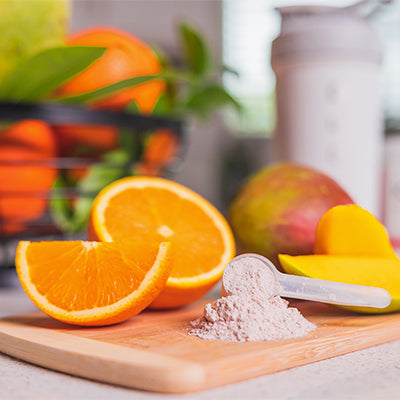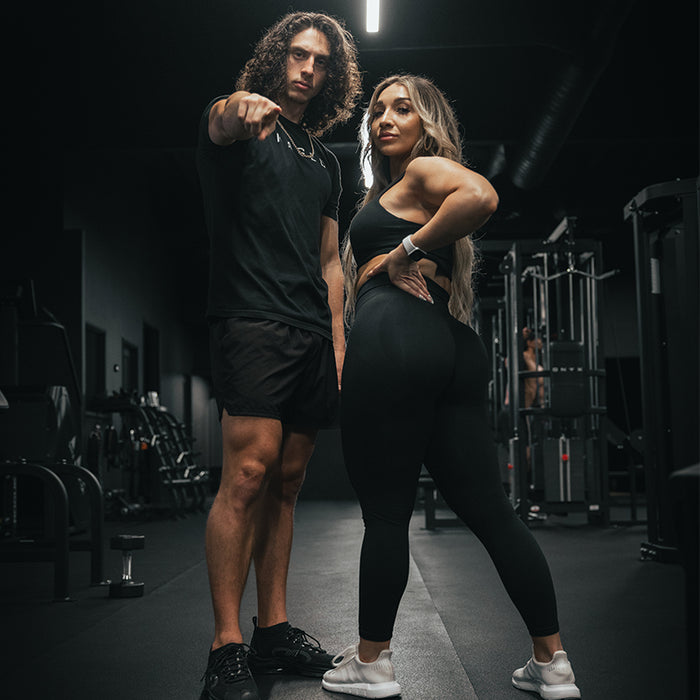Over the last few years, I have learned to appreciate the importance of plant-based protein sources. After spending many years in India coaching vegetarian celebrities, I learned a lot about vegetarianism, as much of the Indian population are vegetarian. Including plant-based proteins in your diet provides more variety to your digestive system and is, therefore, able to take a break from digesting heavy animal proteins.
However, it can be challenging to consume enough protein if you’re a vegetarian or vegan, which is why it’s helpful to know about as many options as possible. Check out the top seven plant-based protein sources you can include in your diet.
Tofu
Probably the most common plant-based protein consumed among vegans and vegetarians is tofu, and is something I regularly consume with a salad. Every 100g of tofu provides around 10g of protein. Additionally, tofu contains iron and calcium, which are both beneficial for your general health. Some people struggle with the taste profile of tofu, but it can easily be flavored with seasonings like paprika, black pepper, and sea salt. Just be mindful of the source of your tofu, and opt to use non-GMO options regularly.
Seitan
Seitan naturally appears to resemble meat when cooked and it contains the most protein of these plant-based sources, packing an impressive 75g per 100g! It is also worth knowing that seitan is a good source of selenium - a powerful antioxidant - which can combat oxidative stress. Other beneficial components of seitan include calcium, iron, and phosphorus which contribute to bone health, muscle contractions, and hydration.
Edamame
Edamame, which are immature soybeans, carry a sweet and “grassy” taste making them perfect for vegetable soups. A bonus of soups are that they’re convenient for meal prep. You can make a large vat and keep portions frozen, ready to use at a moment’s notice with the help of a microwave. Within minutes you have a nutritious, homemade, plant-based protein-filled meal, perfect for supporting muscle growth. Edamame also provides vitamin K, fiber, and folate. Each 100g serving contains approximately 11g of protein.
Non-GMO Soy Beans
Soybeans are one of the few non-animal protein sources which are classified as a “whole protein” source because of their full amino acid spectrum, which is great for muscle recovery and growth. For every 100g of soybeans, you’ll get approximately 11g of protein. It is worth noting that both tofu and edamame originate from soybeans, meaning they're also a whole protein source, rich in amino acids.
Lentils
Lentils are amazing for creating healthy soups, dahls, and can also be added to root vegetable mashes, such as sweet potato mash. Raw lentils can provide over 20g of protein for every 100g consumed. Lentils are also rich in folate, zinc, and iron.
Chickpeas
These legumes are packed with 9g of protein per 100g serving and are loaded with dietary fiber, which we know has many benefits for normal digestive health. Homemade chili, soups, and casseroles are the best way to enjoy chickpeas, and you can also get similar benefits from legumes such as kidney beans.
Teff
This ancient grain provides approximately 4g of protein per 100g serving and also offers magnesium, manganese, phosphorus, fiber, B vitamins, and zinc. Teff is a perfect ingredient to use in a healthy homemade risotto or polenta. It is highly versatile, meaning its use can extend beyond these meals to other purposes, including baking.
Enhancing Plant-Based Protein For Maximal Gains
While some of the listed plant-based proteins are defined as “whole”, some are not. In these cases, the foods lack leucine, along with other amino acids, which are essential for muscle recovery and growth. If your primary goal is to build muscle tissue and develop a head-turning physique, I’d highly recommend supplementing your diet with vegetarian amino acid supplements for better gains. This will support muscle recovery and progress as part of a complete high-protein diet. This is a practice I used with my vegetarian clients from India, and they demonstrated terrific results.
My recommendation would be to sip on water infused with fermented BCAAs around your workout to boost your leucine intake, which supports muscle protein synthesis. Also, adding HYDRA-CHARGE® to your water with your fermented BCAAs adds great flavor, as well as the additional benefits of antioxidant support. HYDRA-CHARGE also includes five key electrolytes, which will support hydration.
Summary
It’s a myth that people who don’t consume meat cannot build muscle, you just have to be very stringent with what you eat and the supplements you use, to make progress. Even if you’re not vegan or vegetarian, I’d recommend using more plant-based protein sources in your diet. Not only do they contain a wide variety of health-boosting ingredients, but they can also create some delicious meals.

